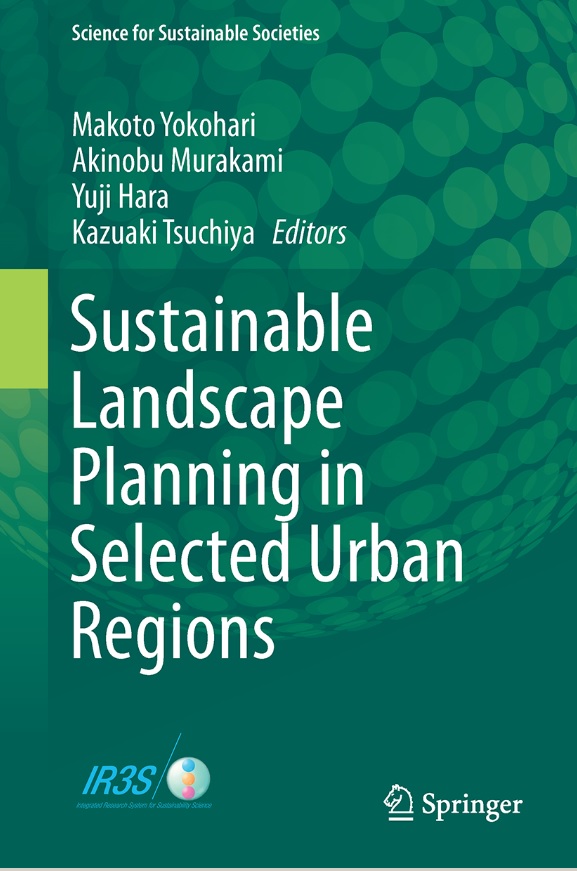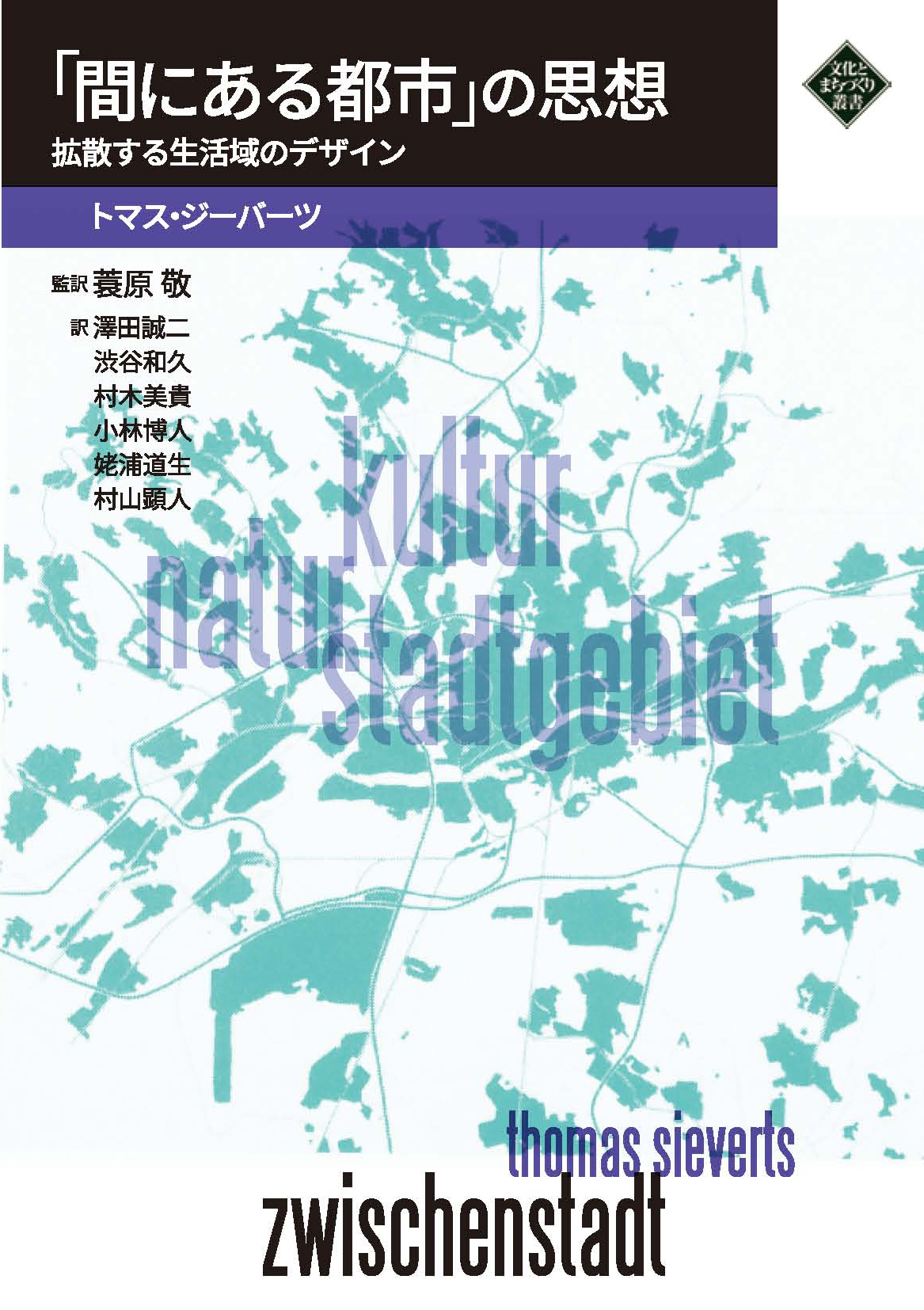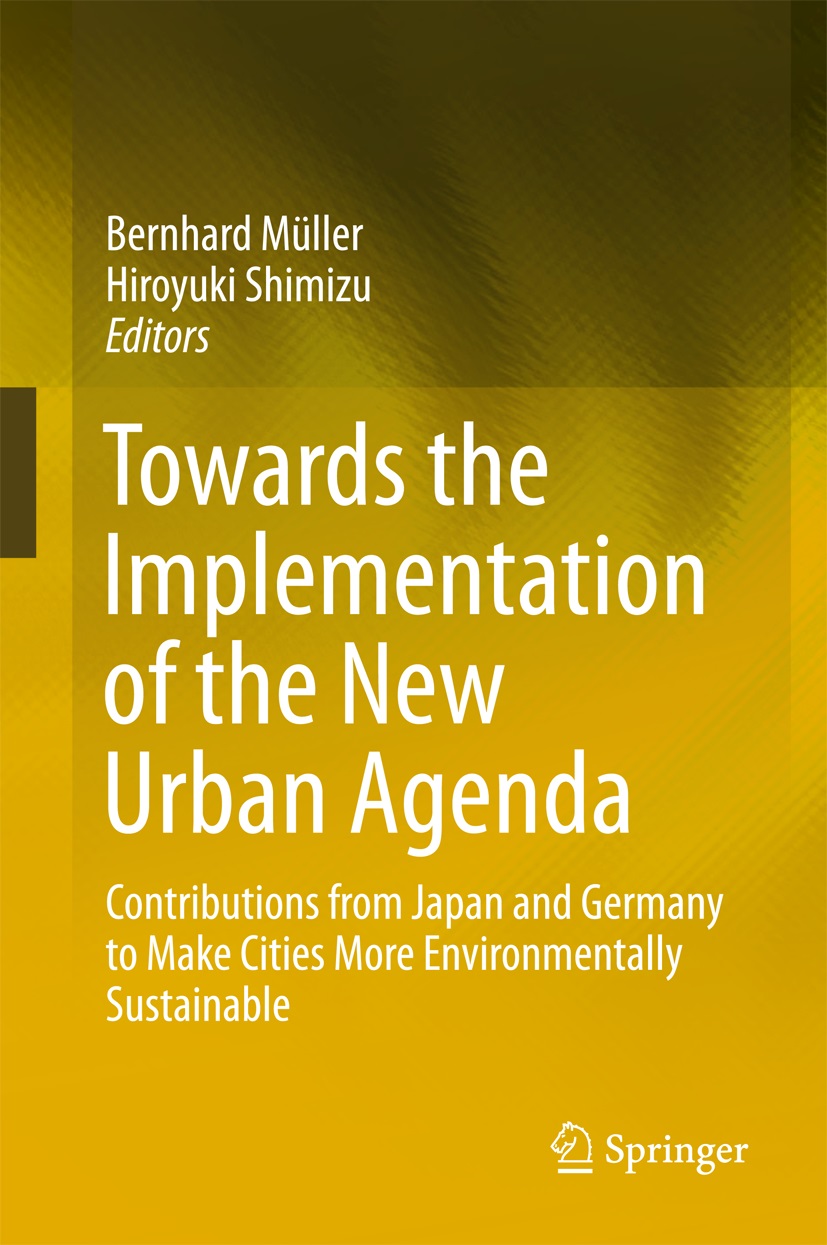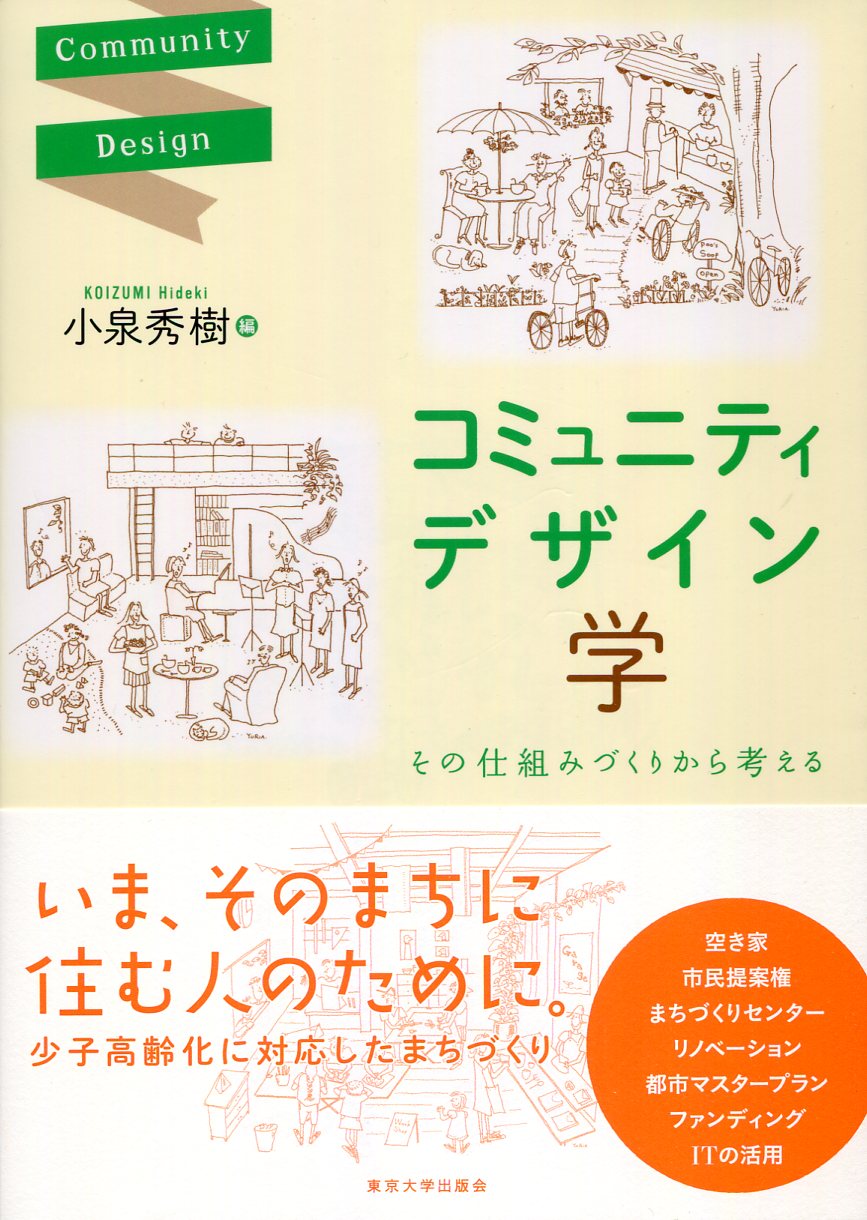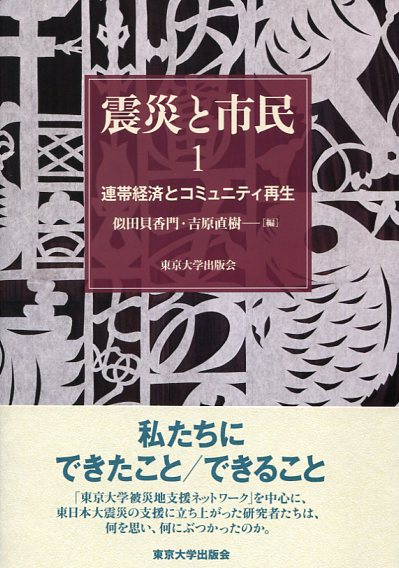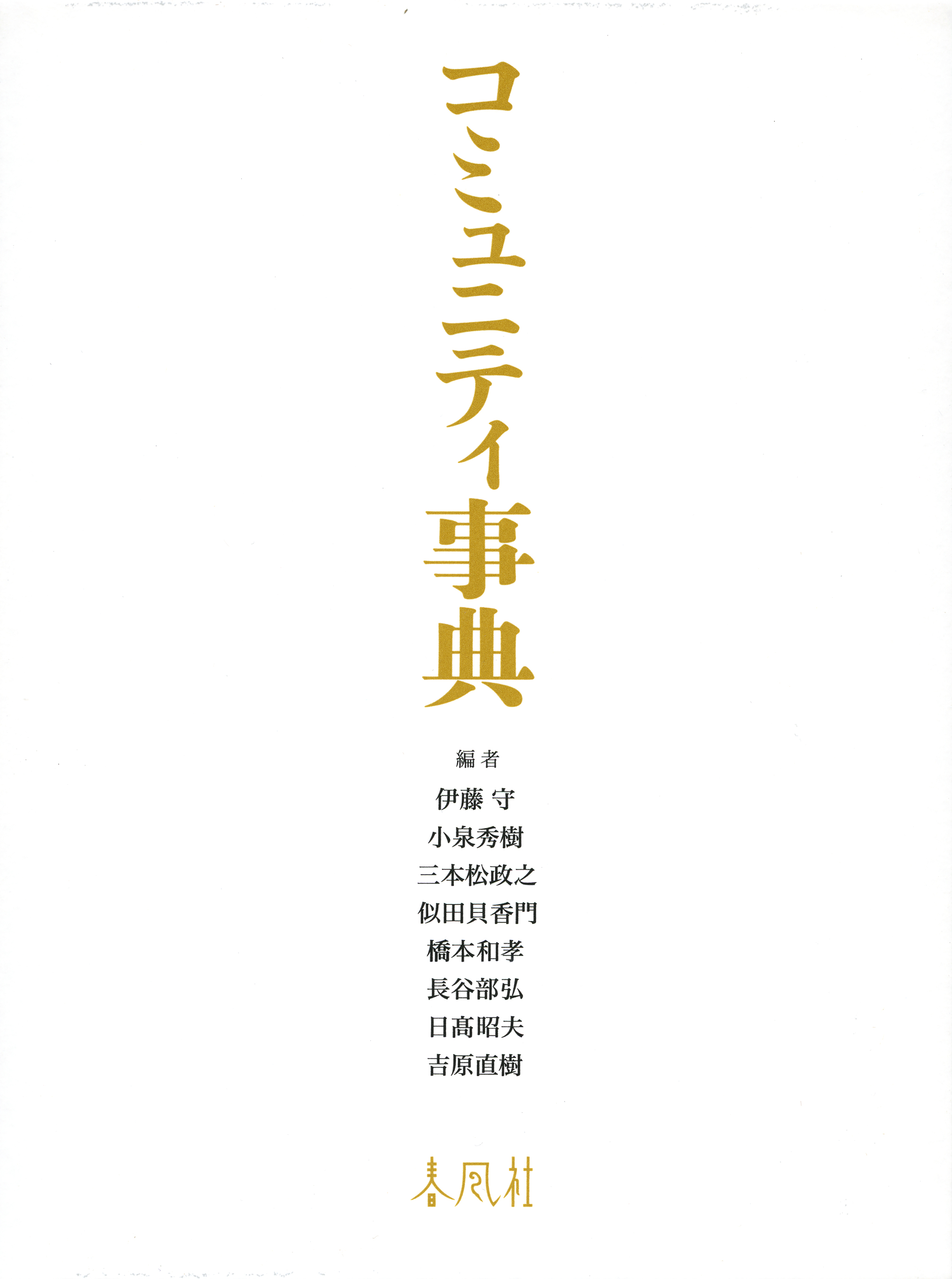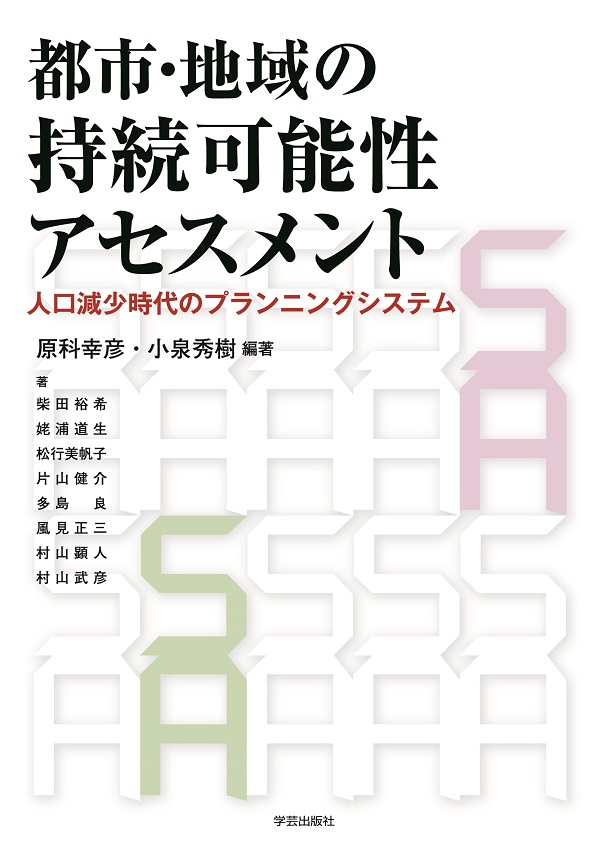
Title
Toshi / Chiiki no Jizoku-Kanosei Assessment (The Sustainability Assessment for Urban Region – A planning system in the era of declining population)
Size
264 pages, A5 format
Language
Japanese
Released
July 05, 2015
ISBN
978-4-7615-3218-5
Published by
Gakugei Shuppansha
Book Info
See Book Availability at Library
Japanese Page
This book discusses a new rational and democratic planning system for the formation of urban and regional plans while giving due consideration to sustainability, and introduces its approaches to the subject while providing excellent examples from overseas and the emerging effort in Japan, along with the prospect of increasing resilience and the sustainability that is called for in this age of population decline, pointing to a path toward building consensus.
Part I: Considering Sustainable Urban and Regional Plans claims that sustainability is evaluated from three different aspects―the environment, economy, and society―and that, in order to maintain sustainability in urban or regional areas, sustainability in each of those three aspects must be achieved in a well-balanced manner. Furthermore, after segmenting decision-making into three stages―policy, plan, and project―it highlights how project assessments that have been conducted in Japan thus far are not what is important in securing urban and regional sustainability, but rather, it is the evaluation of the sustainability of policies and municipal level plans (i.e., strategic environmental assessment = sustainability assessment) that is important.
Part II: Sustainability Assessment in the West introduces and discusses examples from the U.S. in which sustainability assessment is used to manage growth, examples from Germany in which the formulation of the F-Plan is used to effectively conduct sustainability evaluations, Netherlands’ strategic environmental assessment and its development, and England’s sustainability evaluation during urban planning process. It then demonstrates and points out the common thread in each of these Western cases―that urban planning and sustainability assessments are carried out as one whole and that this is the key in securing the sustainability of an entire urban area.
Part III: Towards the Implementation of Sustainability Assessment into Urban and Regional Planning introduces a case of the emerging effort in Japan to implement sustainability assessment in urban and regional planning and points to the importance of forming a consensus in agreements.
The presented comprehensive approach is a new planning tool that assesses the three aspects of sustainability―the environment, economy, and society―as a whole and gives due consideration to sustainability during the formulation of urban and regional planning, which is designed to move forward while acquiring both rational and democratic characteristics. Unfortunately, in Japan, hardly any related engagement has been achieved. Thus, both the government of Japan and its local municipalities should find it necessary to engage in proactive approaches, which should be expected as well.
(Written by KOIZUMI Hideki, Professor, School of Engineering / 2019)
Related Info
Japan Association for Human and Environmental Symbiosis (2015)
http://jahes.jp/rekidai/



 Find a book
Find a book


